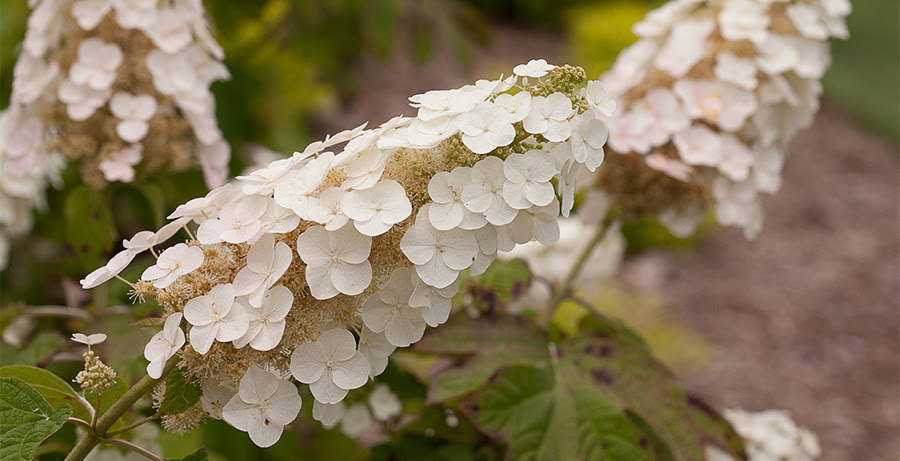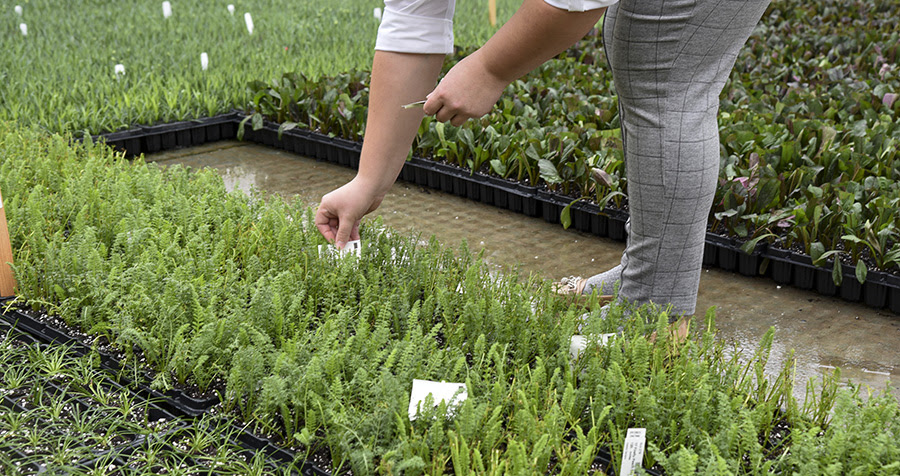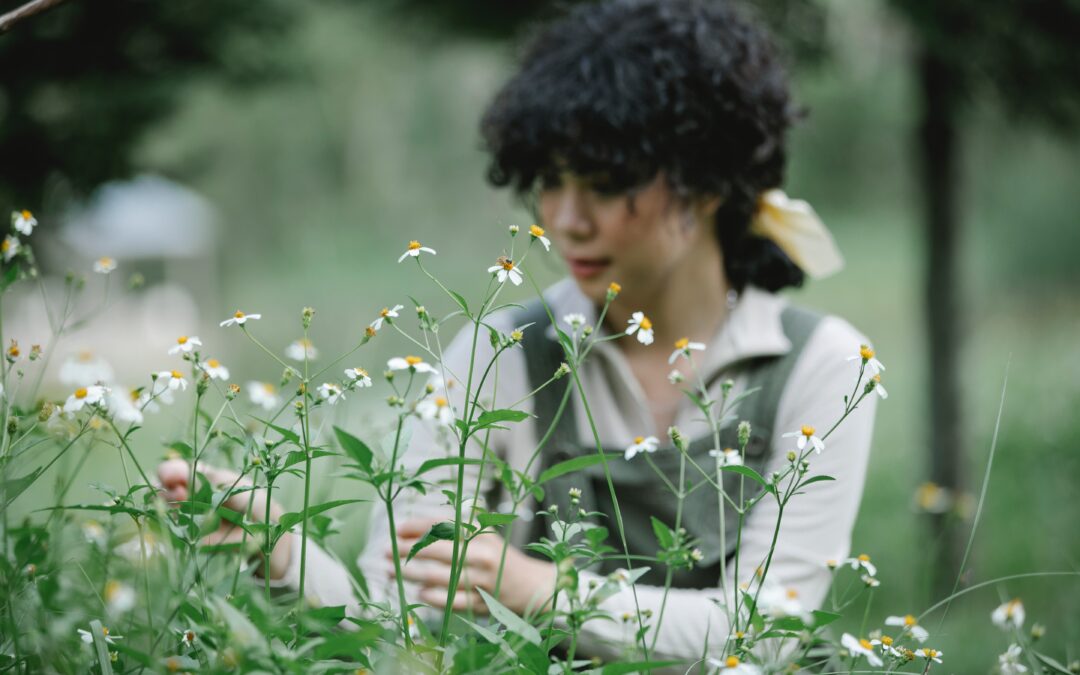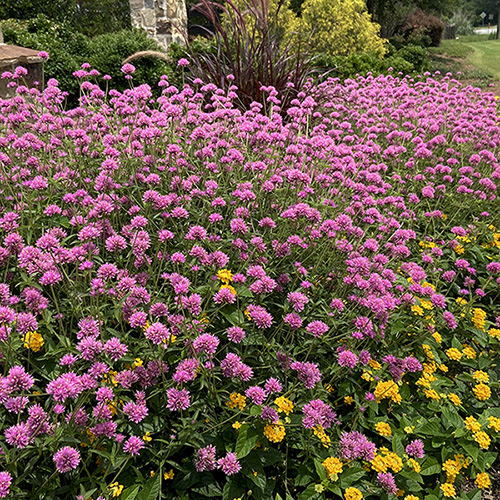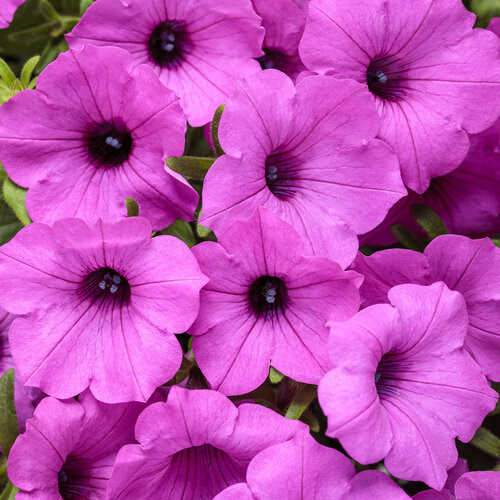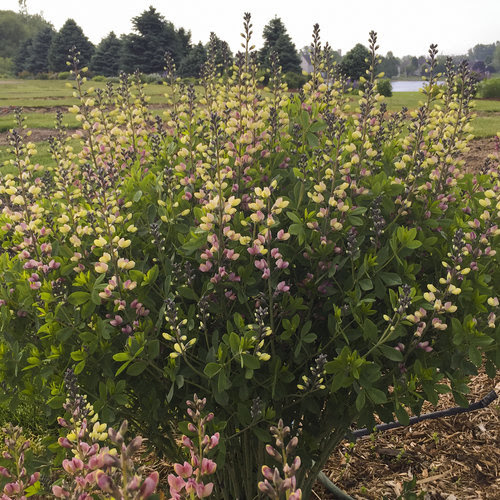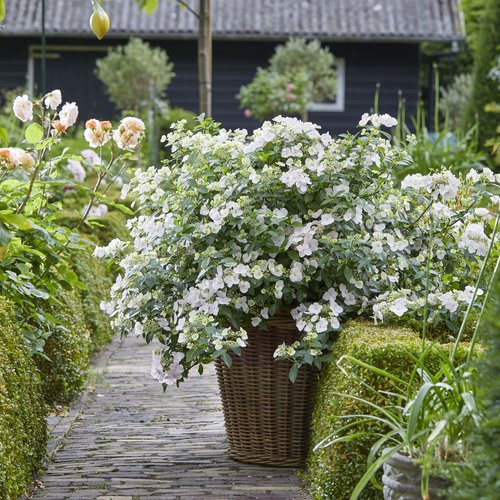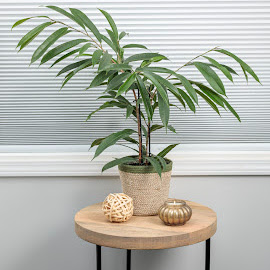Finding the Perfect Plants
Get a First Look at New Plants Selected for Resilience + Beauty. As you can see from our plant recommendations and planting tips, Proven Winners is keenly aware that every plant in North America is subject to climate events, predatory insects, and the potential for disease. Proven Winners helps gardeners become successful at avoiding those problems by starting with a better plant. To select the best plants, Proven Winner’s trials are conducted across the globe to evaluate how well new plant varieties perform in different climates and environments. This information is then used to recommend the best plants for each region. We participate in two major trial divisions in North America.
University field trials: These trials are conducted by university researchers and typically consist of beds where each plant is grown in a small plot.
Public garden trials: These trials are conducted at public gardens, where plants are often put in display beds or pots.
These are open trials that you can attend. The many benefits of visiting a Proven Winners trial are not only meeting other like-minded gardeners but also seeing first-hand how plants perform in your region.
You may discover new plant varieties, but even more, you can get expert advice from trials staff. Trials staff are typically knowledgeable about plants and can provide you with advice on how to grow and care for the plants you choose.
Consumer advocation: Your voice matters. When consumers advocate for specific plants, we listen. For example, gardeners reported back to us that the Supertunia Vista® Bubblegum® performed exceptionally well in gardens across the nation. We studied and perfected a fuller collection and introduced several new colors. Customers suggested a need for a smaller version that would perform equally well and we set to task. Now, thanks to the voices of customers, we have studied, perfected, and introduced a collection of 10 new Supertunia Mini Vista®. We grow plants that gardeners want and your voice matters.
|

